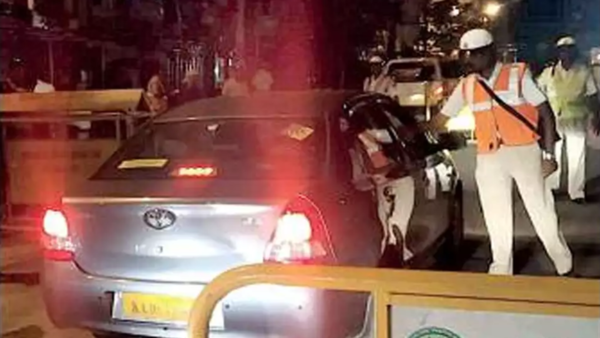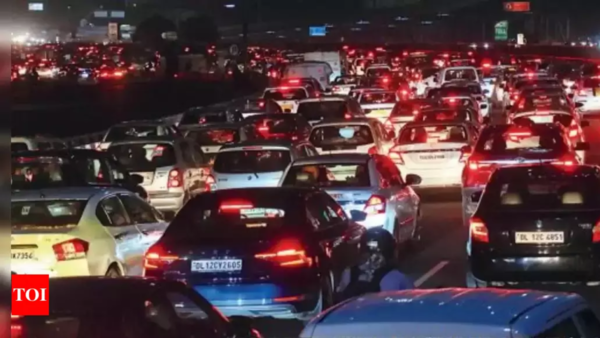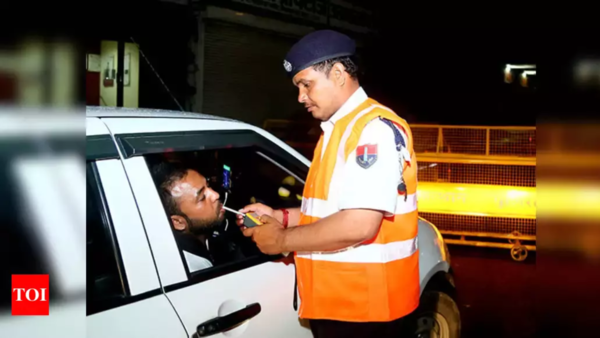
In a letter dated May 28, the DCP directed traffic inspectors to instruct all personnel under their jurisdiction not to stop vehicles or issue challans at night.If issuing a challan is deemed necessary under the M.V. Act, it should only be done according to regulations, and with permission from the concerned gazetted officer/undersigned. The DCP also said that any policeman who fails to comply with these rules will face strict action.
2024 Maruti Suzuki Swift Review: Is this hatch still hot or not?| TOI Auto
The department stated that the directives were issued in response to numerous complaints alleging that traffic police personnel on nighttime duty were unnecessarily stopping the vehicles. This decision is aimed at facilitating smoother traffic flow in Gurugram at night and reducing public inconvenience on the roads.
“It has come to the notice of the undersigned that the traffic police personnel deployed at night are unnecessarily stopping the vehicles of common people and harassing them and are also unnecessarily issuing challans for vehicles,”.

Further the letter said, “The traffic personnel deployed at night should play an important role as Traffic Police, Gurugram by guiding and helping the common people and drivers and arranging safe routes to take them to their destinations and in case of a road accident. The injured persons should be immediately admitted to the nearest trauma center and the accident-hit vehicles should be immediately removed from the main road and traffic should be allowed to run smoothly,”. (With inputs from ANI).

The absence of traffic challans and police stops at night should not be seen as an opportunity to commit offenses, as responsible driving and adherence to traffic laws remain essential for safety. The primary goal of these new guidelines is to enhance the convenience of nighttime travel for commuters, ensuring that they can drive without undue stops and delays, while still maintaining overall road safety and adherence to traffic laws. Drunk driving poses severe risks, leading to impaired judgment, slower reaction times, and a significantly higher likelihood of causing accidents that can result in serious injuries or fatalities.

